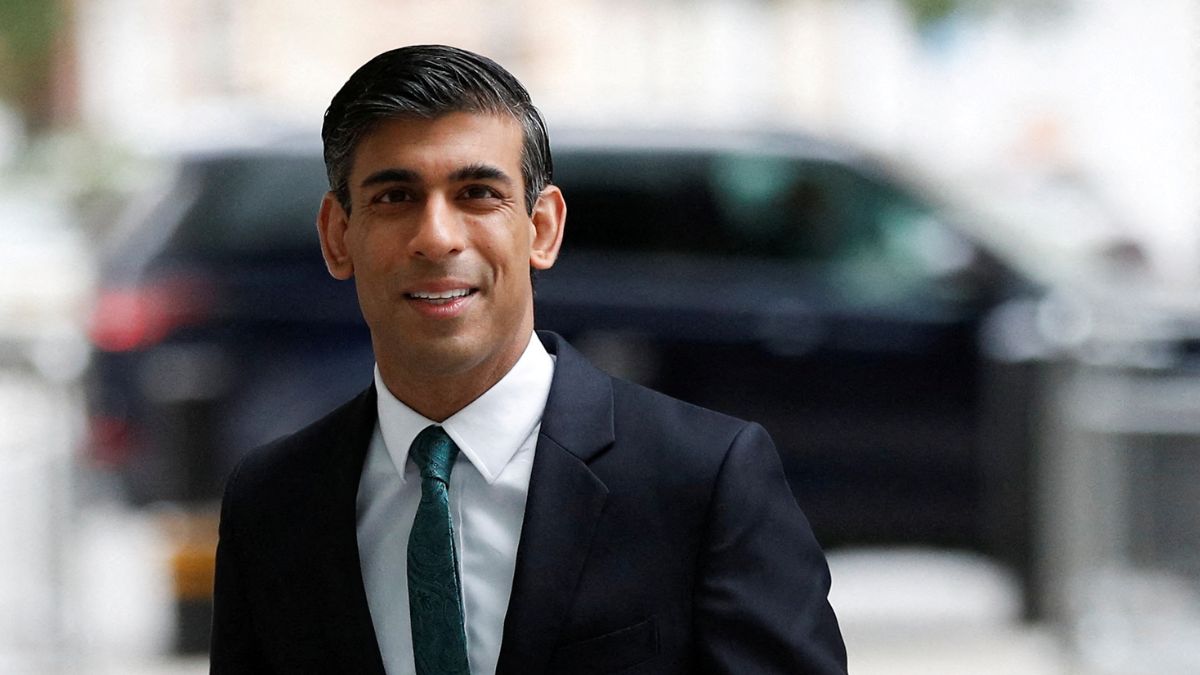Supreme Court Overturns Historical Immunity: MPs and MLAs Can Now be Prosecuted for Bribery

In a groundbreaking verdict today, March 4, the Supreme Court, led by a seven-judge constitution bench headed by Chief Justice DY Chandrachud, has overturned a pivotal 1998 judgment, declaring that Members of Parliament (MPs) and Members of Legislative Assembly (MLAs) cannot claim immunity from prosecution for bribery related to votes or speeches in the Parliament or Legislative Assembly.
The landmark judgment overrules the 1998 decision in the PV Narasimha Rao case, which granted immunity to legislators from prosecution for bribery linked to voting in Parliament.
The bench expressed unanimous disagreement with the PV Narasimha Rao judgment, emphasizing that the immunity granted to legislators for bribery associated with voting or speeches has far-reaching consequences.
The Supreme Court had reserved its judgment on October 5, 2023, following extensive arguments. During the proceedings, the Central Government argued that bribery should not fall under parliamentary privilege, asserting that lawmakers should not be placed above the law.
Prominent legal figures, including the Attorney General, the Solicitor General, and amicus curiae PS Patwalia, presented their arguments over two days before the court reserved the order.
The seven-judge bench reevaluated a judgment delivered by a five-judge bench in 1998 in the JMM bribery case, granting MPs and MLAs immunity from prosecution for taking bribes related to speeches or votes in the legislature.
The apex court revisited this judgment after 25 years, triggered by the JMM bribery scandal that shook the nation.
Throughout the hearing, the court declared its intent to examine whether the immunity previously granted to lawmakers for bribery extends to criminal actions associated with their votes or speeches in Parliament and state legislatures.
In 1998, a five-judge constitution bench had ruled, in the majority verdict of the PV Narasimha Rao versus CBI case, that parliamentarians are immune against criminal prosecution for any speech made and vote cast inside the House under Article 105(2) and Article 194(2) of the Constitution.
The issue came under the Supreme Court's scrutiny again in 2019 when a bench led by then Chief Justice Ranjan Gogoi heard an appeal filed by Sita Soren, JMM MLA from Jama and daughter-in-law of party chief Shibu Soren, who was accused in the JMM bribery scandal.
Justice Gogoi's bench referred the crucial question to a five-judge bench, noting its "wide ramifications" and "substantial public importance."
Sita Soren, accused of taking bribes to vote in the Rajya Sabha election in 2012, argued that the constitutional provision granting lawmakers immunity from prosecution, as seen in her father-in-law's case in the JMM bribery scandal, should apply to her.
The recent verdict brings an end to a complex legal saga that began with the JMM bribery case involving Shibu Soren and four other party MPs, ultimately reshaping the landscape of parliamentary immunity in India.


